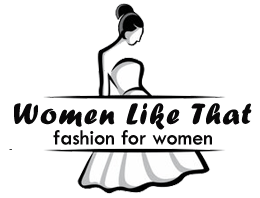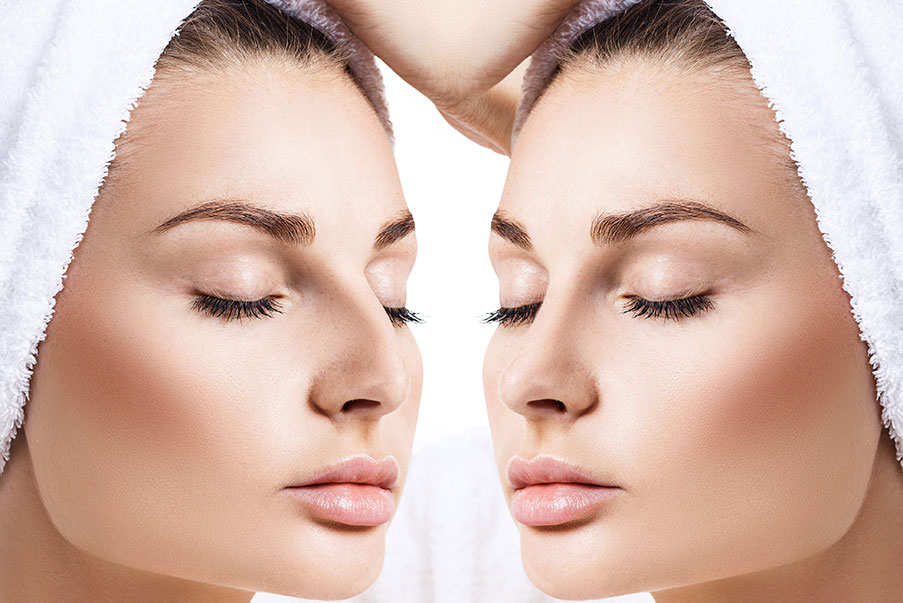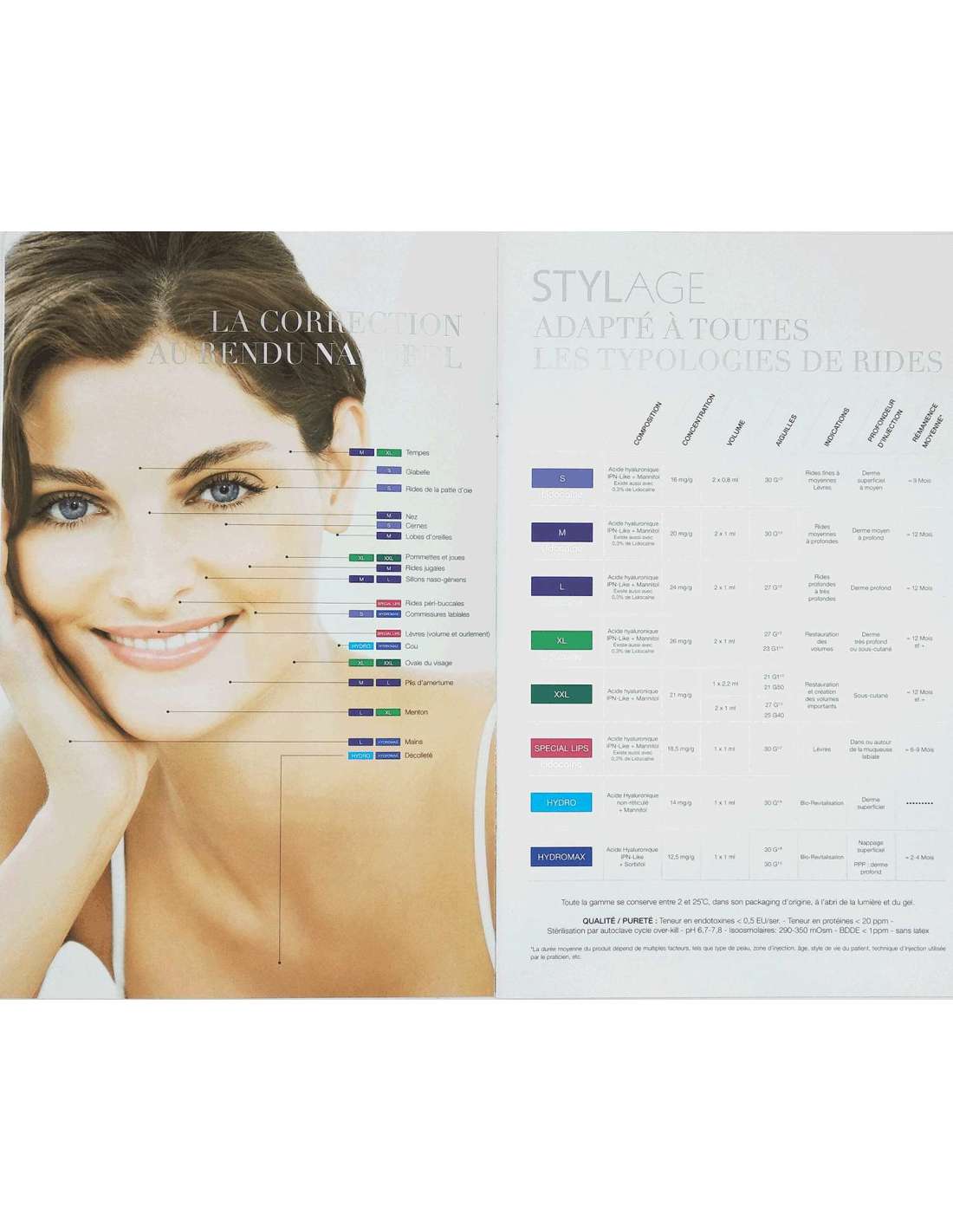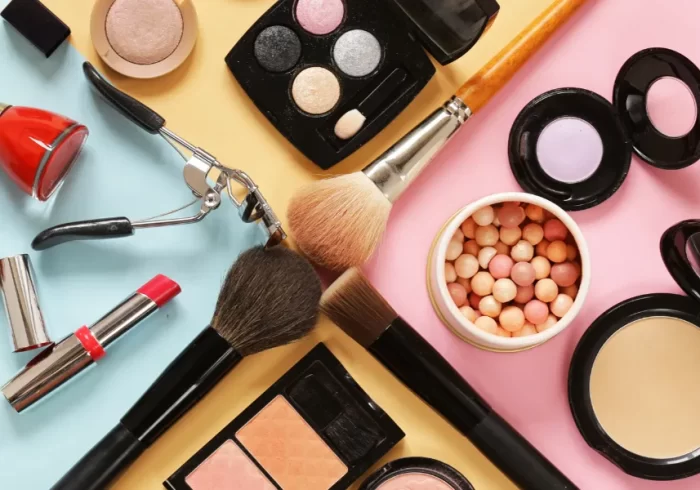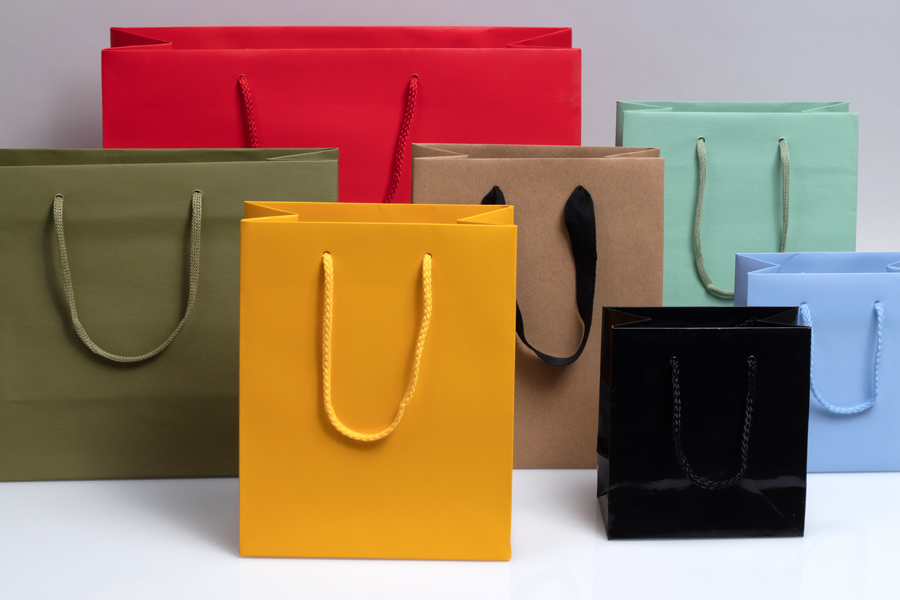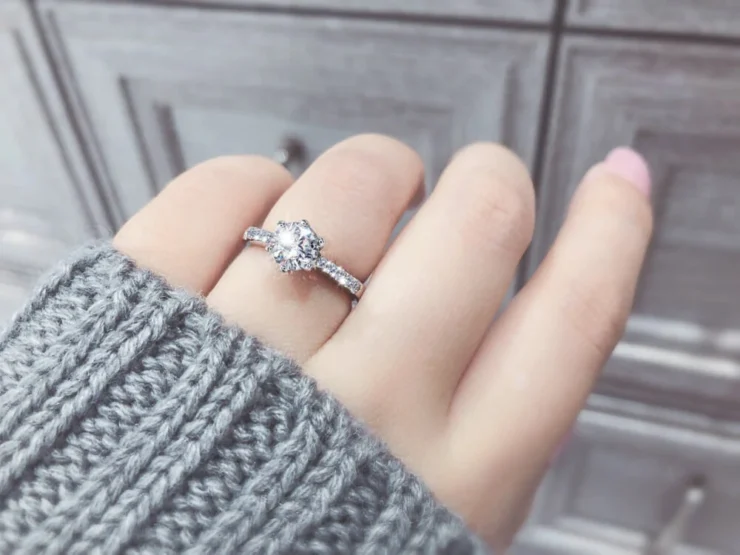You’ve chosen rhinoplasty in Turkey, which promises expert care and beautiful results. As you embark on this transformative journey, understanding post-operative care is crucial for a smooth recovery and optimal outcomes. In this article, we’ll guide you through the activities to avoid after your surgery to ensure a safe and effective healing process.
Table of Contents
The Recovery Timeline: What to Expect During The Recovery?
Rhinoplasty recovery varies individually, but typically, it spans several weeks. The initial phase is critical, with swelling and bruising most prominent during the first week. Gradually, these symptoms subside, revealing the surgery’s results.
Your recovery isn’t just physical; it’s psychological, too. Adjusting to your new appearance takes time, and emotional ups and downs are normal. Patience and support are key during this period.
The first-day post-surgery is pivotal. Rest with your head elevated to reduce swelling, and follow your surgeon’s medication and wound care instructions meticulously. Some pain and discomfort are normal, but severe or unexpected symptoms should prompt immediate contact with your surgeon.
What Activities to Avoid in The First Week?
Physical Exertion
During the first week post rhinoplasty, your body needs much rest to heal effectively. Physical exertion can increase blood pressure, leading to swelling and bleeding around the surgical site.
Activities like jogging, weight lifting, or any vigorous aerobic exercise should be completely avoided. Even household chores that require bending or lifting should be delegated.
Dietary Restrictions: Foods and Beverages to Avoid
Your dietary choices play a significant role in your recovery. It’s essential to avoid foods that require extensive chewing and are excessively hot or spicy, as these can exacerbate swelling and cause discomfort.
Instead, choose soft, nutrient-rich foods like yogurt, smoothies, and soups. Hydration is key, but steer clear of alcohol and caffeine, as they can hinder the healing process and increase swelling.
Facial Movements and Expressions: Minimizing Strain
Post-surgery, even simple facial movements can affect the healing nose. Avoid activities like laughing, smiling broadly, or chewing gum, and should be minimized. These actions can stress the surgical site, potentially affecting the outcome. Brushing your teeth gently is also advisable to avoid vigorous movements around the nose area.
Avoiding Sun Exposure: Protecting Your Healing Skin
Post rhinoplasty, your skin will be more sensitive to sunlight, especially around the nose. Excessive sun exposure can lead to increased swelling and even permanent discoloration. Wear a hat and use a broad-spectrum sunscreen with an SPF of 30 or higher when stepping out. This practice should be continued for several months post-surgery, as your skin’s sensitivity to the sun remains heightened.
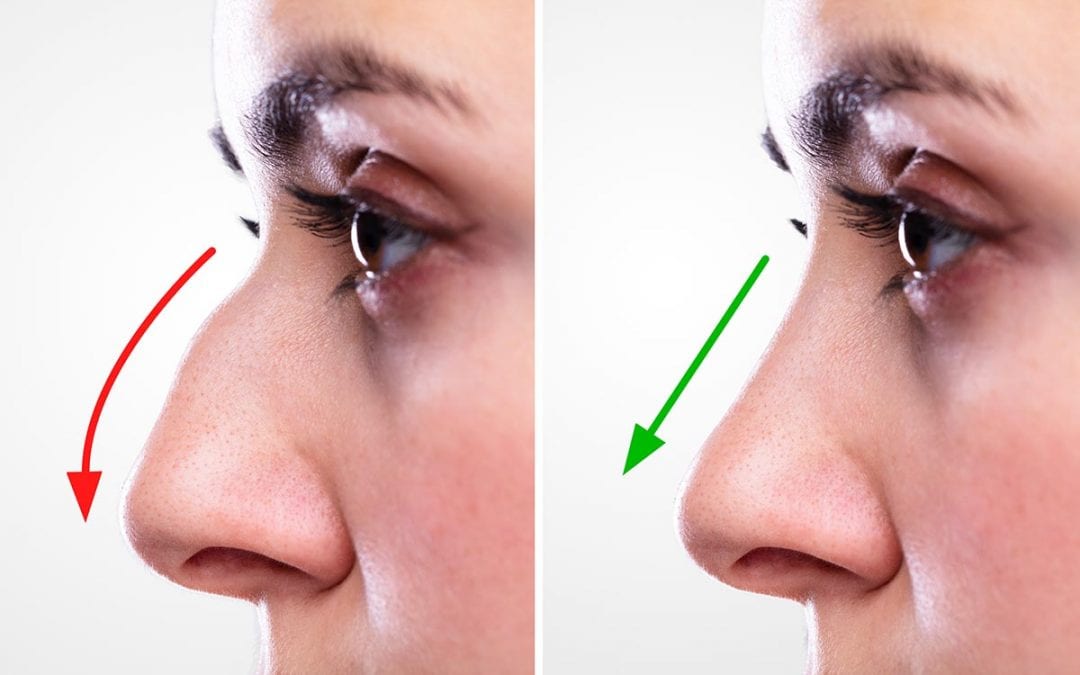
Exercise and Sports: When to Resume Safely
Resuming exercise after rhinoplasty should be a gradual process. Light activities like walking within a few days post-surgery, but more strenuous exercises should be delayed for at least 3-4 weeks.
Contact sports, like basketball or soccer, pose a risk of nasal injury and should be avoided for at least six months. Consult with your surgeon for personalized guidelines based on your recovery progress.
Social Interactions: Setting Realistic Expectations
After rhinoplasty, your social life may require some adjustments. It’s important to set realistic expectations for both yourself and others. Initially, you might experience bruising and swelling, affecting your self-esteem and willingness to engage socially.
Be open with friends and family about your recovery process, and don’t feel pressured to socialize until you’re comfortable. Online social interactions can be a good alternative until you’re ready to meet people in person.
Makeup and Skincare: Safe Practices Post-Surgery
Once your surgeon gives the go-ahead, usually a week or so post-surgery, you can use makeup to cover up any residual bruising or discoloration. However, gentle, hypoallergenic products are crucial to avoid irritating the sensitive surgical area.
Skincare should be approached with caution as well. Stick to mild cleansers and moisturizers, and avoid any harsh scrubs or chemical peels until your surgeon advises it’s safe.
Recovery takes time, and patience is your best ally. Have realistic expectations about the healing process and the final results.
Embrace the changes in your appearance as part of your journey towards self-confidence and well-being. Your rhinoplasty in Turkey can be a positive, life-changing experience with the right care and precautions.
